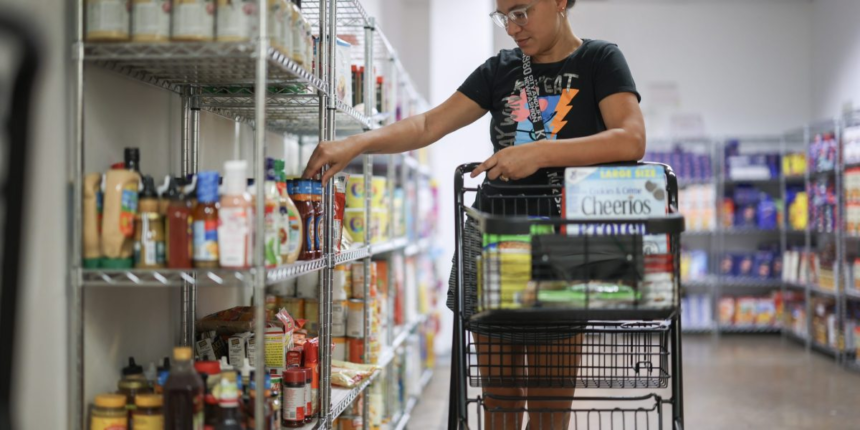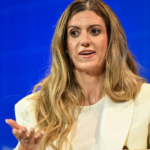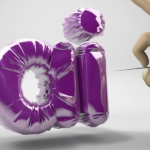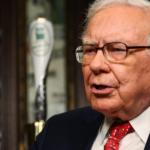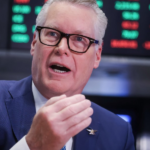“They’re missing the feelings aspect to it,” Atwater told Fortune. “They’re missing what motivates us to act isn’t the economy, but our feelings about the economy.
“What we have today is a small group of individuals who feel intense certainty paired with relentless power control—and on the other, it is a sea of despair,” he continued. “And that’s the piece that never gets talked about.”
These split sentiments risk driving two wildly different sets of behaviors, both of which make the economy more vulnerable, Atwater argues.
“We need to feel that things are predictable, so that there’s a level of certainty, and we need to have an element of control,” he said. “Knowing that the road is straight ahead is great, but if you don’t know how to drive the car, you’re not going to feel confident behind the wheel.”
Economic vulnerability has always existed for lower-income Americans, Atwater said, but when those vulnerabilities begin to feel stacked, many may feel powerless. Those people respond with what the economist calls the “Five F’s”: “fight, flight, freeze, follow and f-ck it.”
“At the bottom, this mindset develops where they recognize that they may never win, but that doesn’t mean, ‘I can’t help you lose,’” Atwater said.
Meanwhile the top half of the K is likely to engage in equally risky behaviors, Atwater warned: “People are blind to risk when we’re overconfident and when we are invulnerable.”
“Economists like to say and market people like to say that the stock market isn’t the economy,” Atwater said. “But I think it’s safe to say at this point, the economy is the stock market.”
“This is a crisis of confidence,” Atwater said. “Sadly, those who are in the best position to address it seem at best indifferent, and that does not go unnoticed by those at the bottom.”


